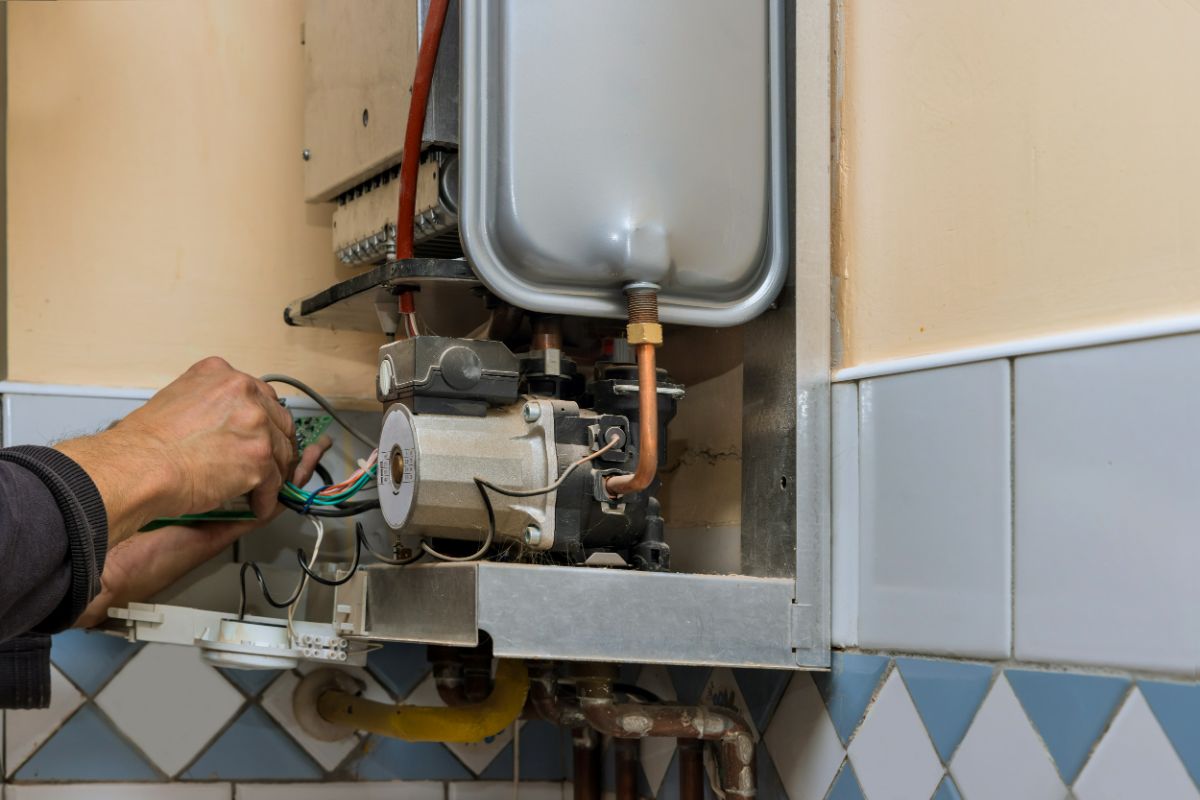Easy Ways to Maintain Your Home's Hot Water System Effectively
Easy Ways to Maintain Your Home's Hot Water System Effectively
Blog Article
How do you feel on the subject of Tips on Maintaining a Water Heater?

Hot water is necessary for daily convenience, whether it's for a refreshing shower or washing dishes. To guarantee your hot water system runs efficiently and lasts much longer, routine maintenance is vital. This short article gives useful pointers and understandings on how to keep your home's hot water system to prevent disturbances and costly repairs.
Introduction
Keeping your home's hot water system might appear complicated, yet with a few simple steps, you can ensure it runs smoothly for several years ahead. This guide covers everything from recognizing your warm water system to DIY maintenance tips and understanding when to call professional assistance.
Relevance of Maintaining Your Hot Water System
Routine maintenance not just expands the lifespan of your hot water system yet additionally ensures it operates effectively. Disregarding maintenance can bring about decreased effectiveness, greater power costs, and even early failing of the system.
Indications Your Warm Water System Demands Maintenance
Knowing when your hot water system requires focus can protect against major issues. Watch out for indications such as irregular water temperature level, weird noises from the heater, or rusty water.
Understanding Your Warm Water System
Prior to diving right into upkeep tasks, it's valuable to comprehend the basic components of your warm water system. Normally, this includes the water heater itself, pipes, anode rods, and temperature level controls.
Regular Monthly Upkeep Tasks
Normal month-to-month checks can aid catch minor problems before they intensify.
Flushing the Water Heater
Flushing your water heater removes sediment buildup, improving efficiency and lengthening its life.
Monitoring and Replacing Anode Rods
Anode rods prevent corrosion inside the tank. Inspecting and changing them when broken is critical.
Evaluating and Readjusting Temperature Level Setups
Changing the temperature level setups makes certain ideal efficiency and security.
DIY Tips for Maintenance
You can perform numerous upkeep jobs yourself to keep your warm water system in leading condition.
Looking for Leaks
Frequently check pipes and connections for leakages, as these can bring about water damages and higher costs.
Checking Pressure Relief Valves
Checking the pressure relief valve guarantees it works properly and prevents too much stress build-up.
Shielding Pipes
Insulating warm water pipes reduces warmth loss and can save energy.
When to Call a Specialist
While DIY maintenance is beneficial, some problems call for expert experience.
Complicated Issues Requiring Expert Help
Instances consist of significant leaks, electric issues, or if your hot water heater is constantly underperforming.
Routine Expert Maintenance Conveniences
Professional upkeep can include detailed inspections, tune-ups, and ensuring conformity with safety requirements.
Conclusion
Regular maintenance of your home's warm water system is necessary for effectiveness, longevity, and cost financial savings. By adhering to these pointers and understanding when to look for specialist assistance, you can make sure a reputable supply of hot water without unexpected disruptions.
How to Maintain and Troubleshoot Your Heat Pump Water Heater
Know Your Water Heaters Error Codes and How to Clear Them
If your unit is WiFi-enabled, pay attention to the notifications your water heater system sends you and make sure to read and investigate error codes as soon as possible. If your machine has an error code readout on the unit, use your owner’s manual for the hot water heater and find out what the codes mean and how they might be affecting your water heating system. Follow the manufacturer’s directions to assess the issue and clear the code, or call a licensed plumber to take care of that for you.
Change Your Filters Monthly or As-Needed
Heat pump water heaters come equipped with an air filter, usually on the top of the unit where the water heater pulls air into the compressor. Check the filter every few months (put a reminder in your smartphone to make sure you don’t forget!). This will keep peak air flowing into your unit, helping it to work as efficiently as possible and resulting in energy savings over time.
Clean the Condensate Lines
Heat pump water heaters have a condensate drain. As the unit dehumidifies the surrounding area, the moisture has to go somewhere! Make sure to clean this condensate line every year to ensure it doesn’t get backed up with sediment or mold.
To clean the condensate lines, pour a cup of bleach in the access opening of the unit to kill any mold or mildew. Check that the bleach or water flows freely out of the lines, and unclog the lines if needed.
Flush Your Heat Pump Water Heater Annually
Heat pump water heaters are also sometimes referred to as hybrid heat pump water heaters. This is because they contain a backup heating electric heating element inside the tank: the same kind of anode rods used in traditional electric water heaters. That anode rod can become corroded over time from the minerals in your water, and it can begin to decay, break entirely, or heat less efficiently as it becomes corroded. One way to minimize or avoid this corrosion is by flushing your heat pump water heater annually. Just like flushing standard electric or gas water heaters, flushing your water heater is something that any homeowner can DIY if they have a few basic tools and some gumption.
https://www.waterheatersnow.com/blog/how-to-maintain-and-troubleshoot-your-heat-pump-water-heater

I discovered that content about How to Maintain a Hot Water Heater in a Few Simple Steps while doing a lookup on the search engines. Sharing is caring. Helping others is fun. Thank you for going through it.
Visit Link Report this page